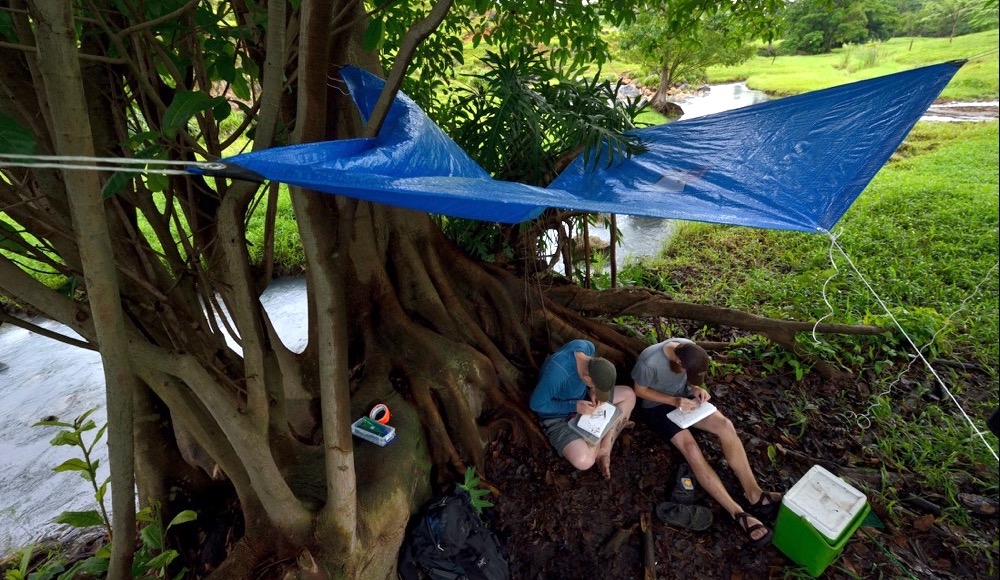
Our research aims to understand how biodiversity arises and is maintained. We study the ecological and evolutionary processes that shape genetic and phenotypic variation within and between populations, how organisms adapt to challenging environments, and how new species emerge through reproductive isolation. To explore these questions, we take a broad approach. We integrate analyses vertically—across levels of biological organization—to understand how differences in DNA lead to differences in traits and fitness in the wild. We also integrate analyses horizontally—comparing evolution in different species facing similar environmental pressures—to uncover when evolution follows repeatable and predictable patterns… and when it does not.
Many of the species we study face serious threats from human activities such as habitat degradation, pollution, water diversion, and climate change. As a result, conservation is a central part of our research mission. We collaborate with zoos, conservation organizations, and federal agencies to apply our scientific findings toward the protection and recovery of threatened fish species and their habitats. By understanding how organisms respond to environmental stressors and identifying the genetic and ecological factors that support resilience, we aim to inform conservation strategies that are grounded in evolutionary and ecological principles.
We often focus on species that live in extreme environments and study how their traits vary along environmental gradients, using tools from genomics, physiology, and field ecology. Much of our work centers on fish and other aquatic organisms, but our questions are broadly relevant across the tree of life.
Current research projects
- Adaptation to extreme environments and hydrogen sulfide biology
- Color polymorphisms and alternative male mating strategies
- Conservation genetics of tropical gar
- Ecological speciation in extreme environments
- Evolutionary and physiological ecology of Poeciliidae
- Evolutionary ecology of the cave molly
- Genital evolution
- Mechanistic links in ecological and evolutionary analysis: extremophile fish and elemental biology
Past research projects
- Ecology, evolution, and conservation of Oklahoma stream fishes
- Ecology and evolution of North American crayfish
- Hybridization and phenotypic diversification in Cuatro Ciénegas pupfish
- The evolutionary potential of asexual organisms and the stability of gynogenetic complexes
- Phenotypic differentiation and local adaptation along river gradients

